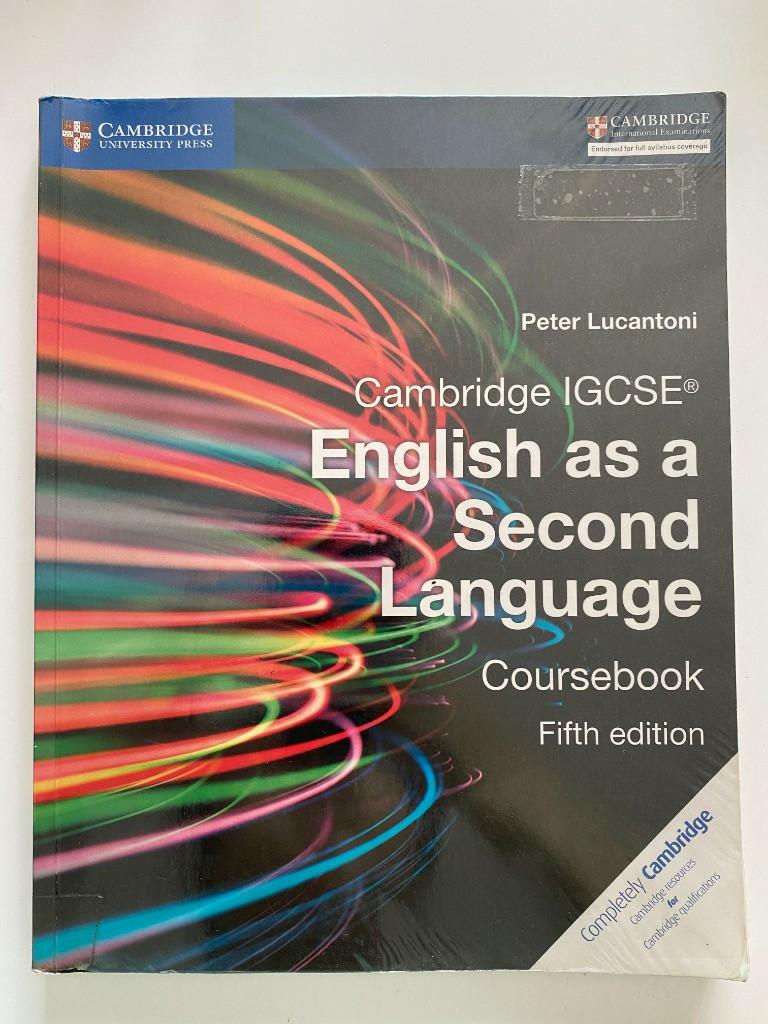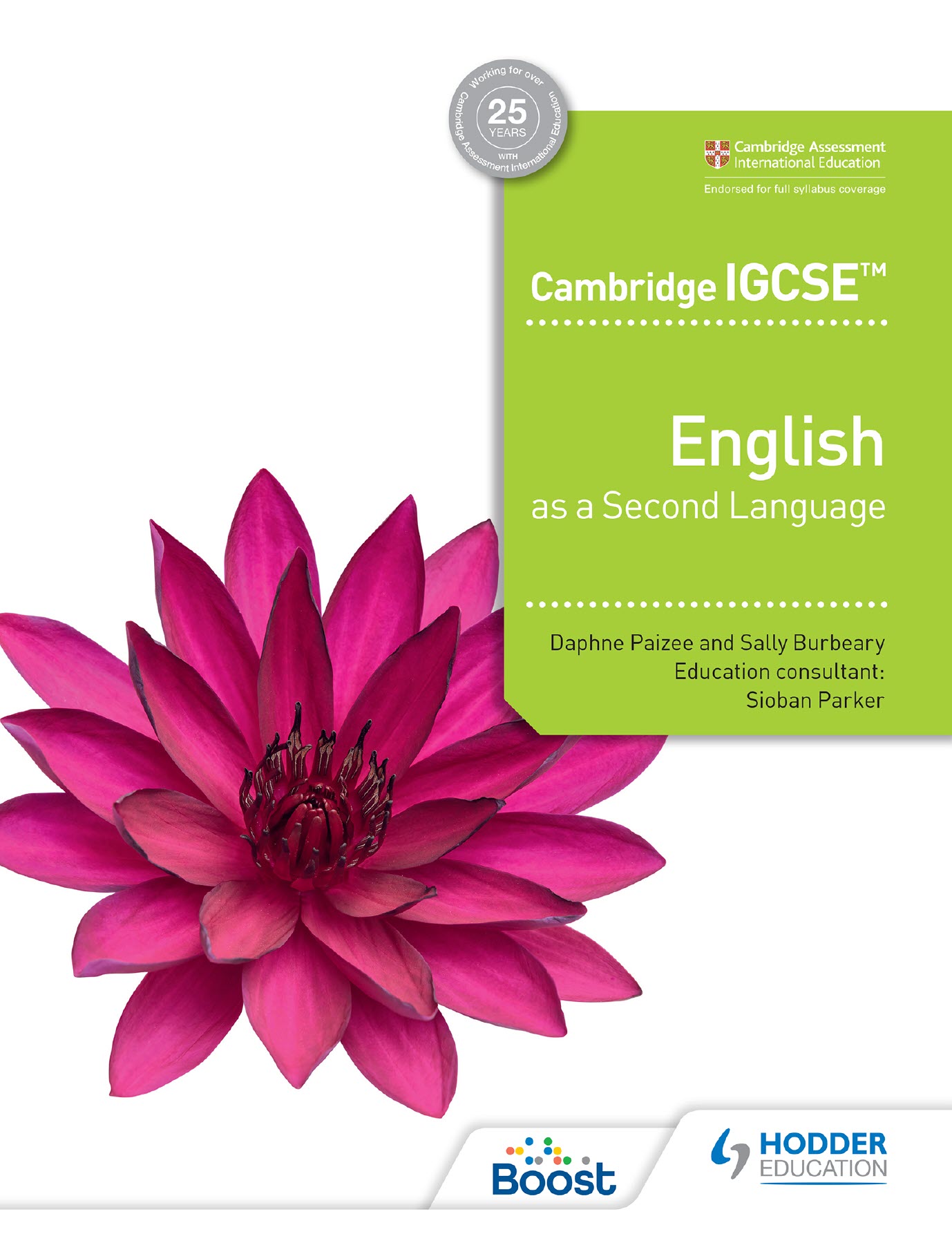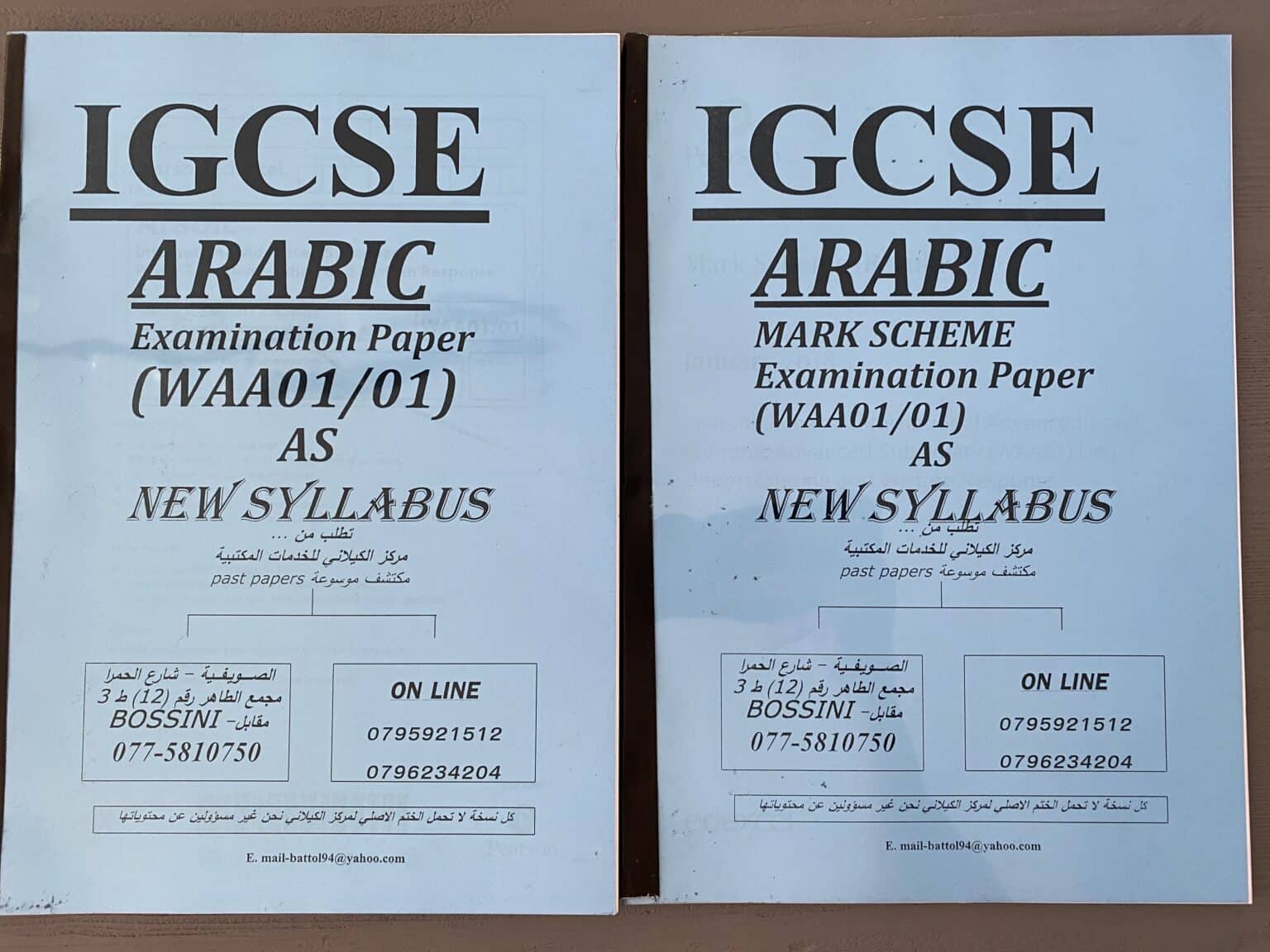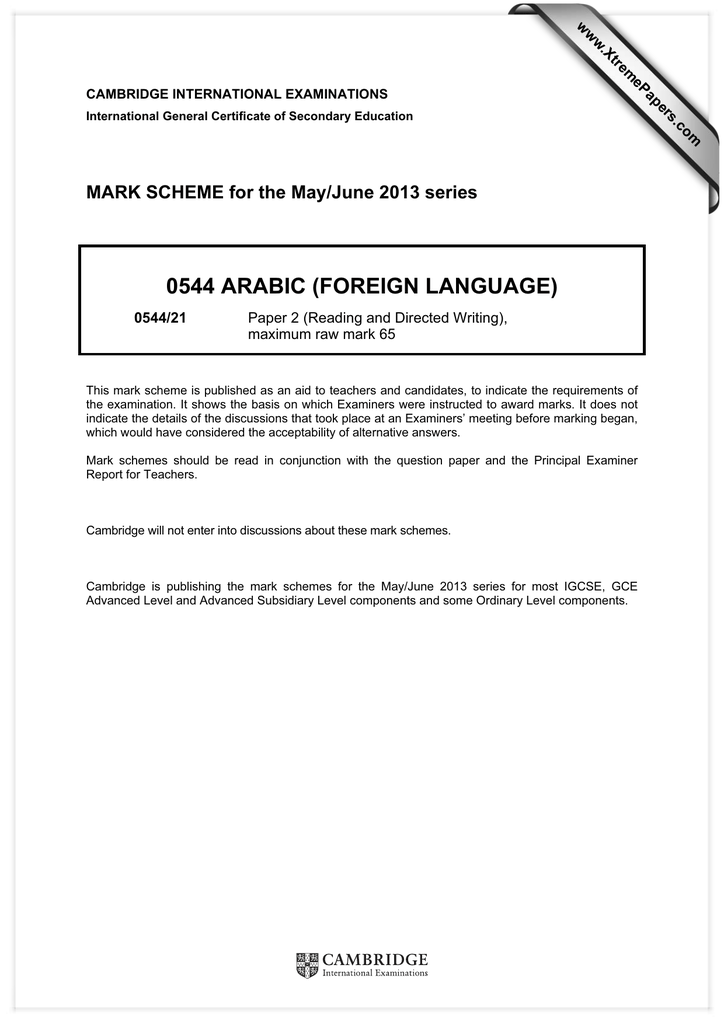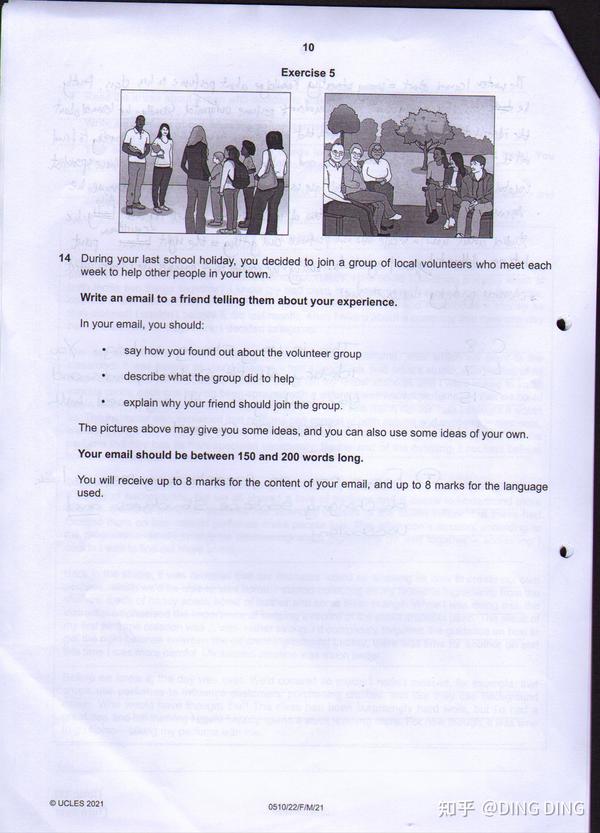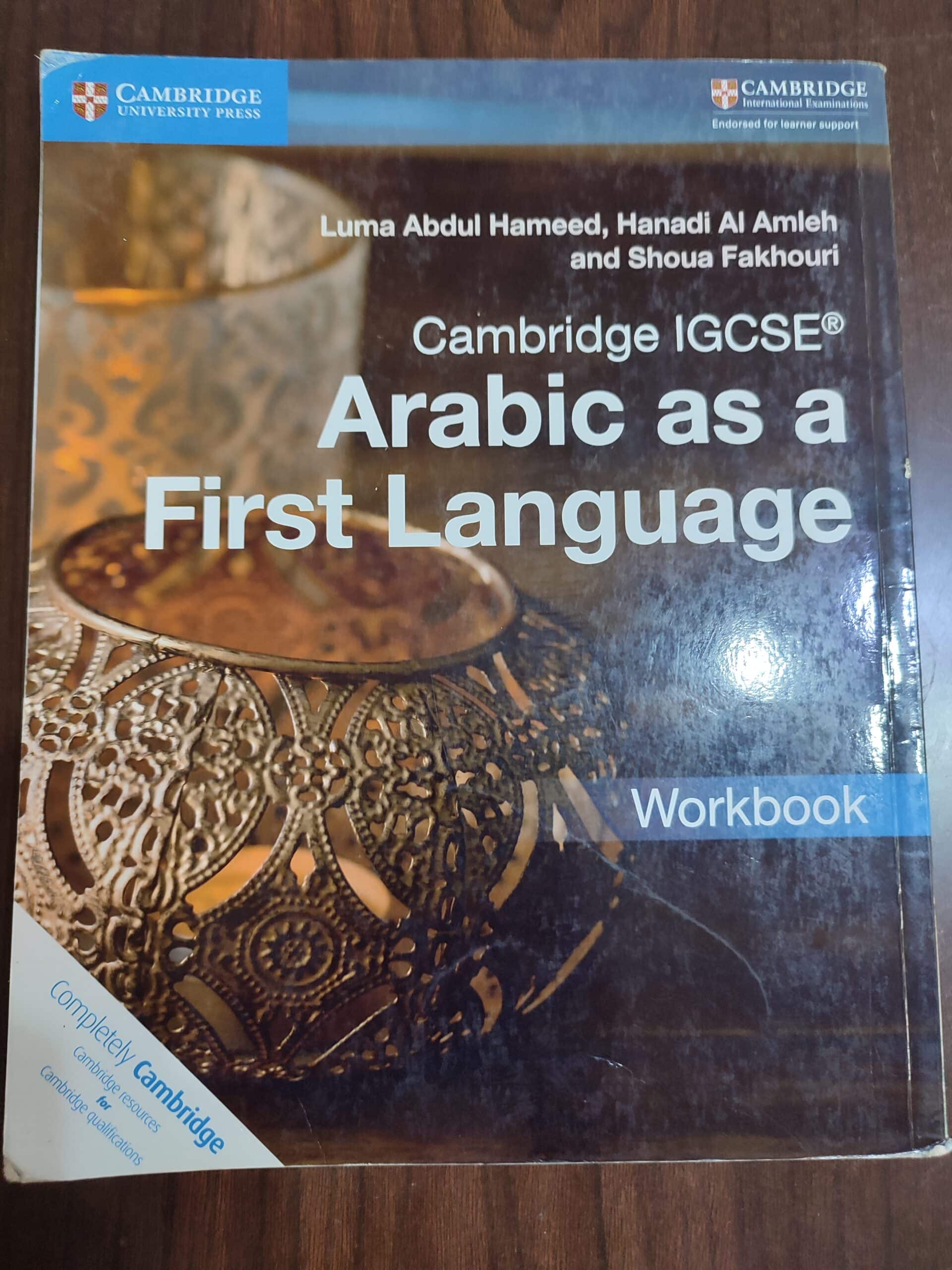Igcse Arabic Second Language Speaking Topics

The International General Certificate of Secondary Education (IGCSE) Arabic Second Language examination, a key assessment for students learning Arabic globally, places significant emphasis on the speaking component. Preparing for this section often involves navigating a diverse range of topics designed to assess fluency, comprehension, and the ability to communicate effectively in Arabic.
This article examines the common speaking topics in the IGCSE Arabic Second Language syllabus, the assessment criteria used, and strategies for students to excel in this crucial part of the examination. Understanding these aspects can provide valuable insights for students, teachers, and parents involved in IGCSE Arabic education.
Understanding the Speaking Examination
The IGCSE Arabic Second Language speaking examination, typically comprising around 25% of the overall grade, is designed to evaluate a student’s practical command of the language. It assesses their ability to engage in conversations, express opinions, and respond to questions spontaneously.
The examination format usually includes several sections. A common structure involves a role-play scenario, a presentation on a pre-prepared topic, and a general conversation with the examiner.
Common Speaking Topics
The speaking topics for the IGCSE Arabic Second Language examination are diverse, reflecting real-world situations and contemporary issues. These topics are designed to assess the student’s ability to use Arabic in practical contexts.
Some frequently encountered themes include: Family and Friends, often requiring students to describe their relationships and discuss leisure activities. School Life is another common topic, involving discussions about subjects, routines, and school events.
Hobbies and Interests are frequently explored, allowing students to express personal preferences and discuss recreational activities. Other topics delve into Travel and Tourism, prompting students to describe past or future trips.
Health and Fitness is also a recurring theme, encouraging students to discuss healthy habits and lifestyle choices. Furthermore, Environmental Issues are increasingly relevant, requiring students to express opinions on topics like pollution and conservation.
Students may also encounter topics related to Technology and Communication, discussing the role of digital devices and social media. Finally, Future Aspirations allow candidates to discuss their career goals and educational plans.
Assessment Criteria
Examiners use specific criteria to evaluate student performance in the speaking examination. These criteria focus on various aspects of language proficiency.
Fluency and Coherence are key, assessing the student's ability to speak smoothly and logically. Vocabulary and Grammar also play a crucial role, with examiners evaluating the accuracy and range of language used.
Pronunciation and Intonation are considered, ensuring clear and understandable speech. Additionally, Interaction and Response are evaluated, focusing on the student's ability to engage in conversation and respond appropriately to questions.
A former IGCSE Arabic teacher, Ms. Fatima Al-Ali, emphasized, "Students need to practice speaking regularly, focusing on expanding their vocabulary and using correct grammar. Confidence is key.”
Strategies for Success
Effective preparation is essential for success in the IGCSE Arabic Second Language speaking examination. Several strategies can help students improve their performance.
Regular practice is crucial, involving conversations with native speakers or fellow students. Expanding vocabulary is also important, focusing on topic-specific words and phrases.
Students should also work on improving their pronunciation and intonation, listening to native speakers and mimicking their speech. Preparing notes and practicing presentations on common topics can boost confidence.
Engaging in role-play scenarios is beneficial, simulating real-life conversations. Seeking feedback from teachers and peers can provide valuable insights into areas for improvement.
Furthermore, keeping up-to-date with current events and practicing expressing opinions on various topics is helpful. This prepares students for spontaneous conversations with the examiner.
Cambridge Assessment International Education, the official body overseeing the IGCSE examinations, provides resources and past papers that students can utilize for practice. Accessing these materials is a vital part of preparation.
In conclusion, the IGCSE Arabic Second Language speaking examination requires thorough preparation and a strong command of the language. By focusing on common topics, understanding the assessment criteria, and implementing effective study strategies, students can enhance their performance and achieve success.

